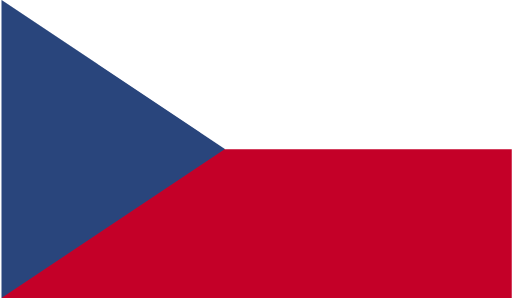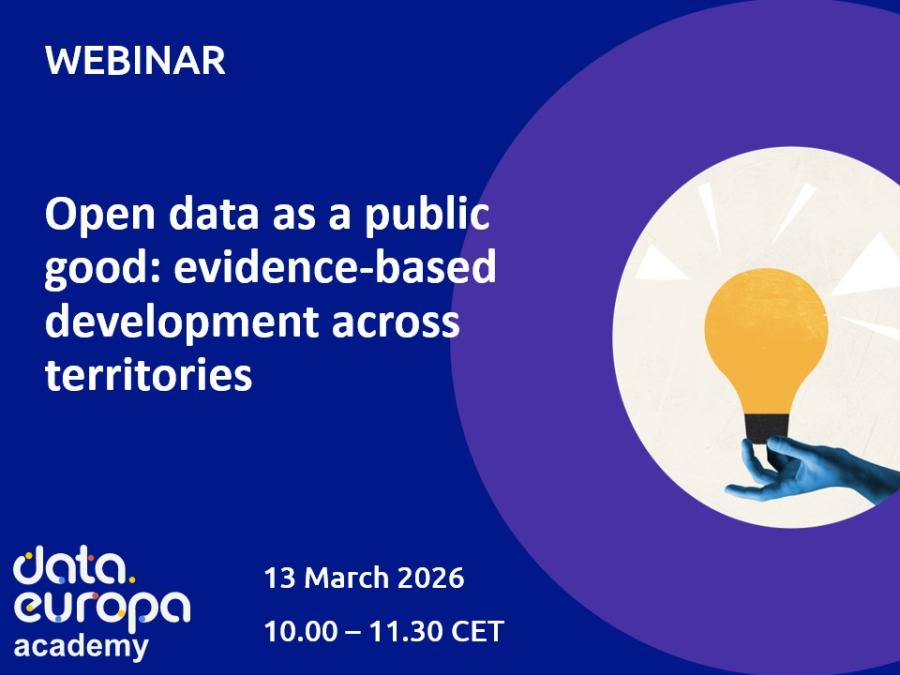Repubblica Ceca
Immagine

Blog da: Repubblica Ceca
Skip results of view Country Insight Blogs
Nessun articolo al momento
Use cases in: Repubblica Ceca
Skip results of view Use cases
The election calculator is a tool designed to help citizens compare their personal political views to those of political parties and individuals (e.g. legislators or election candidates) to see how well they align, and subsequently, to help cast their vote. The tool consists of two parts: A voting inventory that compares citizens’ answers with real votes in the legislature from a previous election; and An opinion test which matches citizens’ answers to the answers provided by the political parties or candidates.
The election calculator is a tool designed to help citizens compare their personal political views to those of political parties and individuals (e.g. legislators or election candidates) to see how well they align, and subsequently, to help cast their vote. The tool consists of two parts: A voting inventory that compares citizens’ answers with real votes in the legislature from a previous election; and An opinion test which matches citizens’ answers to the answers provided by the political parties or candidates.
The Quality of Life checker Brno shows a map overview with various quality of life indicators of the city, such as noise level, air pollution, traffic, average property prices, amount of green area, safety levels, and shops and services in the vicinity. As part of a research project, this website analyses and visualizes urban spatial data along the dimensions environment, housing, safety, services, rest and relaxation, and public transport.
Relazioni in: Repubblica Ceca
Skip results of view Documentazione

Study
Data sharing as a service: will data services remove intellectual property rights from the picture, and at what cost?

Scarica
Eventi sui dati aperti in: Repubblica Ceca

Do you want to explore how open data can support better governance in rural areas and help policymakers respond to local needs beyond the city? Join us for the upcoming data.europa academy...
Nessun evento previsto al momento
Open Data News in: Repubblica Ceca
Skip results of view Ultime notizie sui dati aperti





On Friday 16 February 2024, from 10.00 to 11.30 CET, the data.europa academy hosted the webinar ‘Open data maturity 2023: best practices across Europe‘ which highlighted Slovakia's and Serbia's accomplishments in the field of open data. With nearly 600 registrants, the event underscored the growing interest and commitment to open data across the continent. An expert from data.europa.eu initiated the session by presenting the ODM results , setting the stage for in-depth country analyses. Following this introduction, the narrative shifted to Serbia . In just two years, Serbia demonstrated

On 1 March 2024 , from 10:00 to 11:00 CET , our webinar on "New b usiness m odels for d ata- d riven s ervices" is set to provide fresh insights into the utilisation of open data. Th e event, building on the data.europa.eu discussion paper , aims to explore how public sector information, when made available as open data, can be purposefully re-used to creat e value for both public and private sectors . In recent years, the focus on open data has shifted towards understanding and meeting end-user needs. Th e webinar will examine the potential of open data in Europe, exploring how it can drive

This year marks the fifth anniversary of RescEU, an initiative by the European Commission that has strengthened disaster response mechanisms across Europe. Established to extend the EU Civil Protection Mechanism, RescEU embodies a deep commitment to protecting citizens from diverse disasters and managing emerging risks effectively. Since its launch in 2019, RescEU has served as a robust reserve of European capacities, fully funded by the EU. This includes a fleet of firefighting aircraft, medical evacuation planes, and critical medical supplies and field hospitals, ready to tackle health

The International Day of Women and Girls in Science, celebrated on 11 February, highlights the critical role women and girls play in science and technology. This year, the focus is on "Women in Science Leadership: A New Era for Sustainability," recognising their contribution to tackling global challenges such as health and climate change. The diversity in research, brought by women, brings fresh perspectives, talent, and creativity, essential for sustainable development. Despite progress in higher education, women continue to be underrepresented in Science, Technology, Engineering, and


